15 Essential Tools for Researchers in 2024
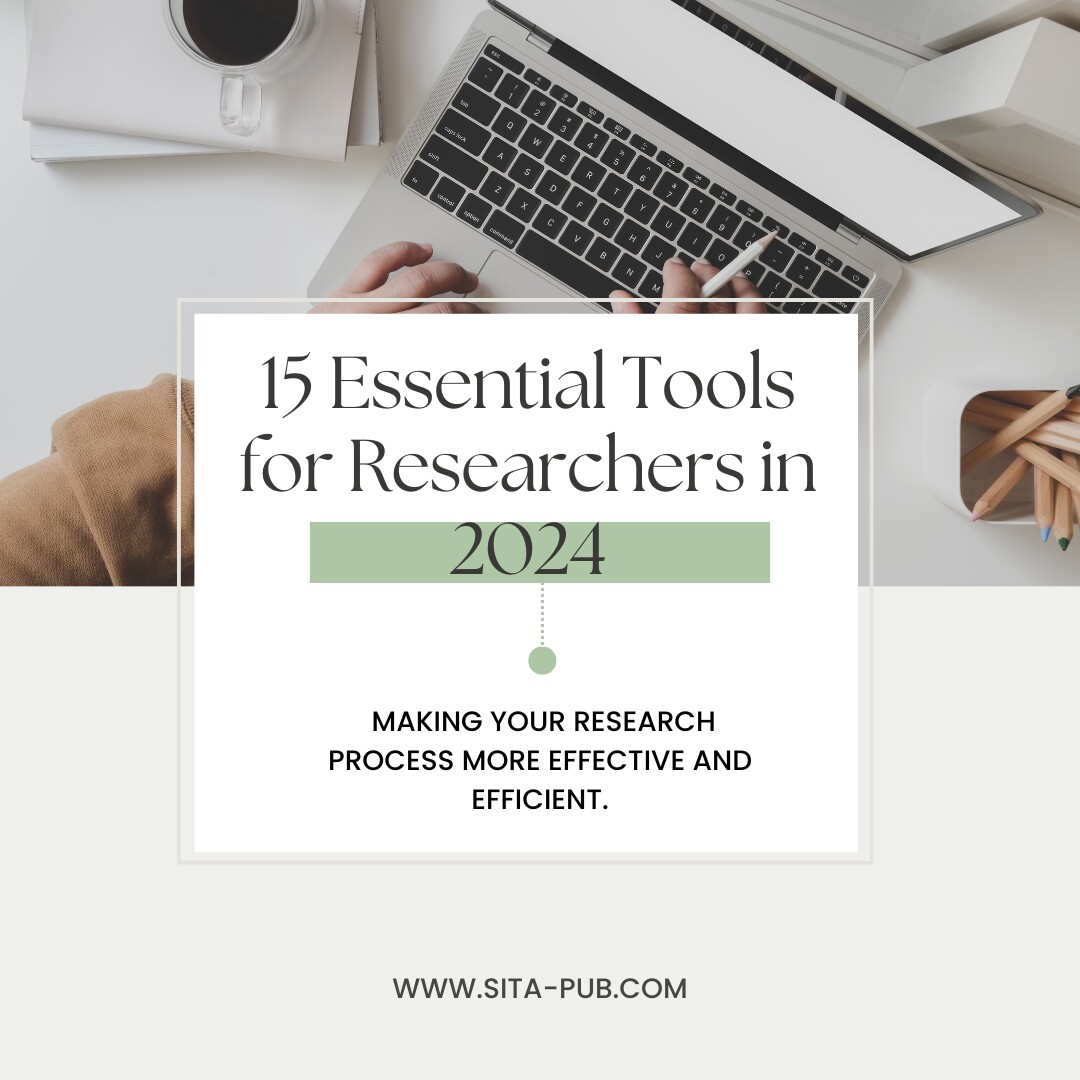

Here’s a straightforward guide to important tools that can help researchers in 2024. Each tool has a specific purpose, making research easier and more effective.
Grammarly is like having a writing assistant. It checks your grammar, spelling, and punctuation. It also suggests better ways to phrase your sentences, helping you sound more professional. This is especially useful when writing research papers or grant proposals, ensuring your ideas are clear and easy to understand.

Overleaf is an online tool for writing documents that include complex formatting, like mathematical equations. It allows multiple people to edit a document at the same time. This is great for team projects, as everyone can see changes in real time and collaborate more effectively.

Quillbot helps you rewrite sentences or summarize longer texts. If you have a paragraph that’s too long, you can use Quillbot to make it shorter and more concise. This tool is helpful for ensuring your writing is original and clear, especially when trying to explain complicated ideas.

Zotero is a free tool that helps you gather and organize research sources. You can save articles, books, and webpages in one place. Zotero can automatically create citations and bibliographies in different styles (like APA or MLA), saving you time and ensuring accuracy.

Notion is a flexible workspace where you can take notes, create to-do lists, and manage your projects. You can customize it to fit your needs, making it easy to keep track of your research ideas, deadlines, and tasks. It’s useful for both individual and team projects.
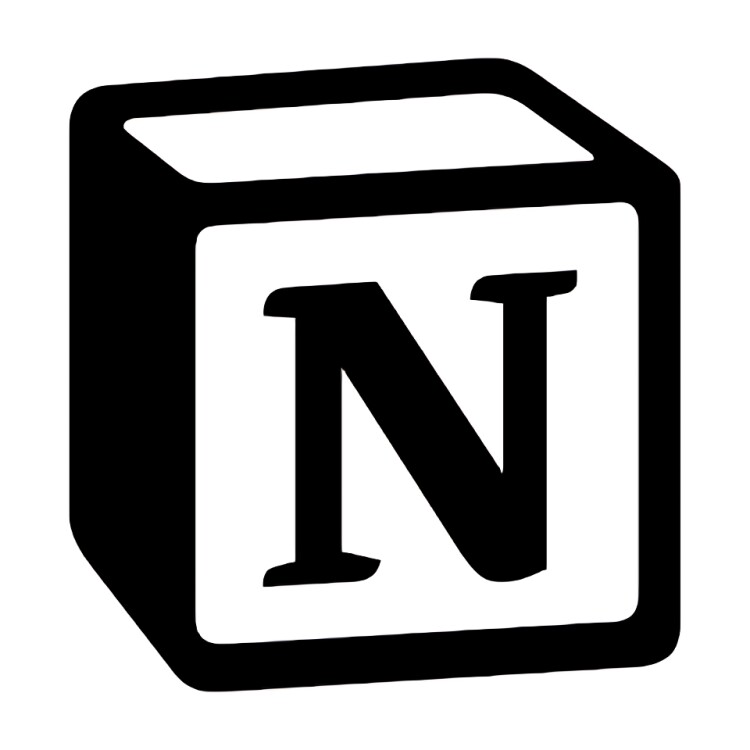
EndNote is another citation management tool, often used by researchers. It integrates well with Microsoft Word, making it easy to insert citations as you write. EndNote helps you organize your references and create bibliographies, ensuring that you don’t miss any important sources.

Google Scholar is a search engine specifically for academic articles, theses, books, and conference papers. You can use it to find scholarly work related to your research topic. It’s helpful for discovering new studies, tracking citations, and staying updated in your field.

R is a programming language designed for data analysis and visualization. It allows you to perform complex statistical tests and create graphs. Many researchers use R because it has a wide range of packages that can handle different types of data, making it a powerful tool for analyzing research findings.
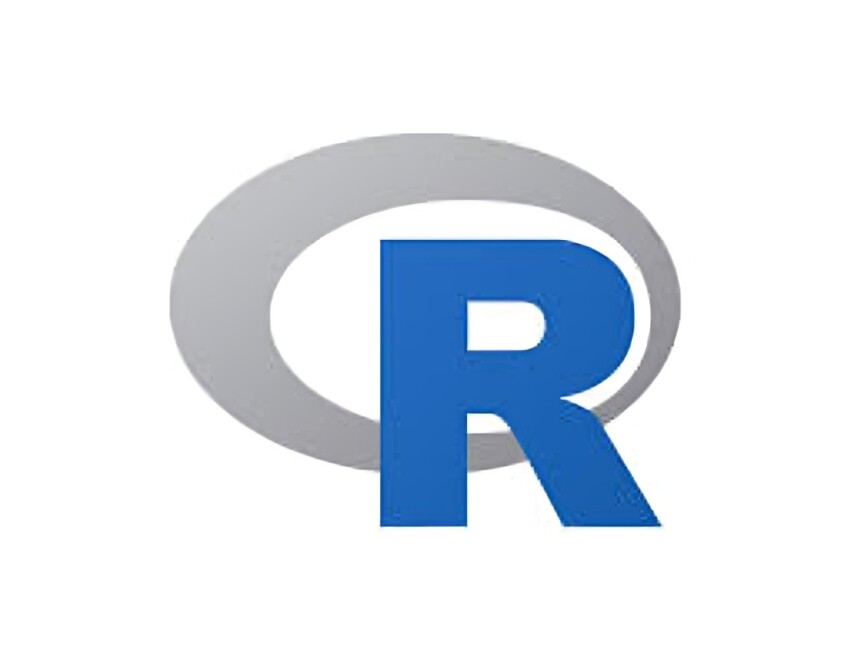
Python is a versatile programming language used in many areas, including data science. It has libraries like Pandas and Matplotlib, which help with data manipulation and visualization. Researchers use Python to analyze large datasets and create visual representations of their results.
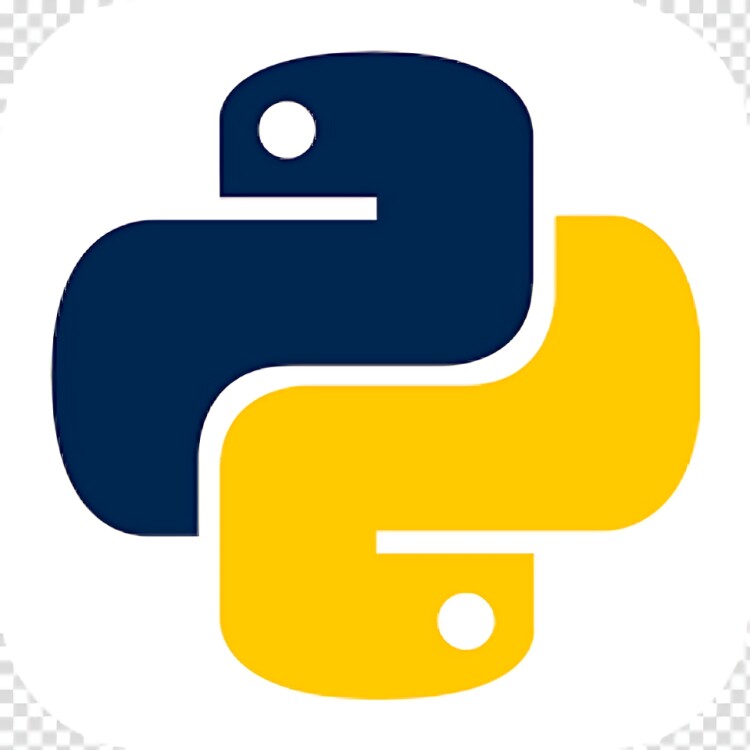
SPSS is software that makes statistical analysis easier, especially in social sciences. It provides a user-friendly interface to run statistical tests and create charts. Many researchers use SPSS for survey data and other quantitative research, as it simplifies complex analyses.
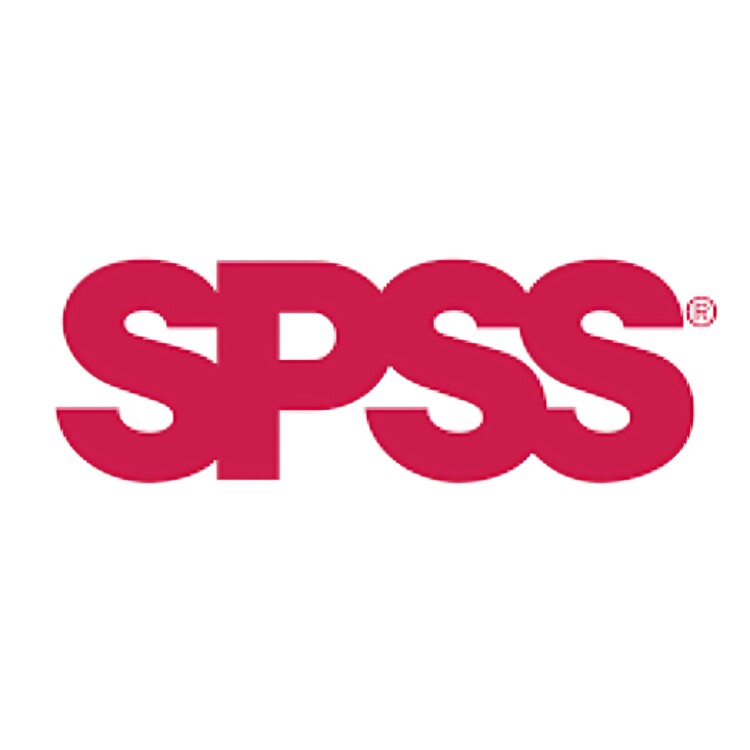
Scimago provides rankings for academic journals based on their citation impact. This helps researchers identify high-quality journals to submit their work to, ensuring their research reaches a wider audience.
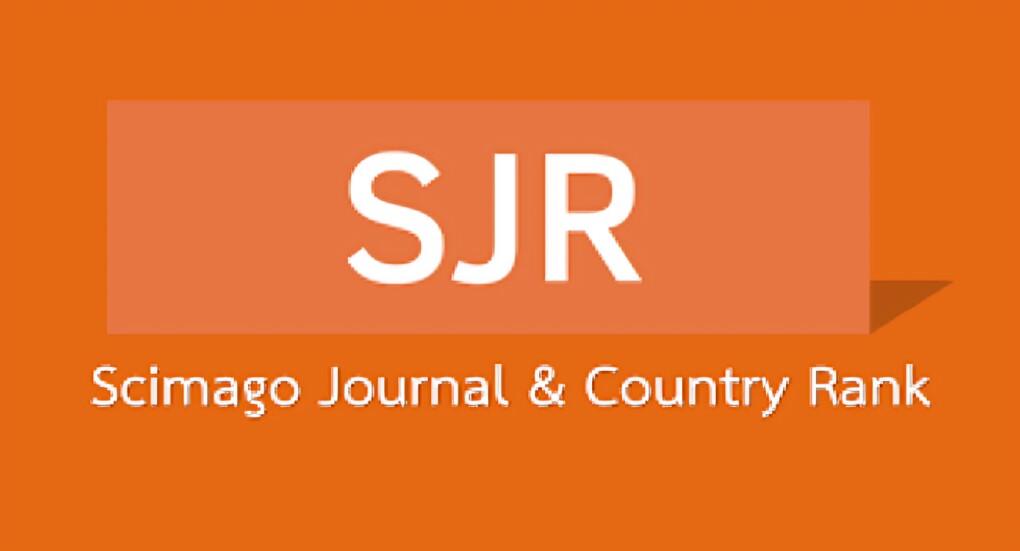
iThenticate checks your work against a large database to ensure that it is original. It helps you avoid accidental plagiarism by comparing your text with published works. This is important for maintaining academic integrity.
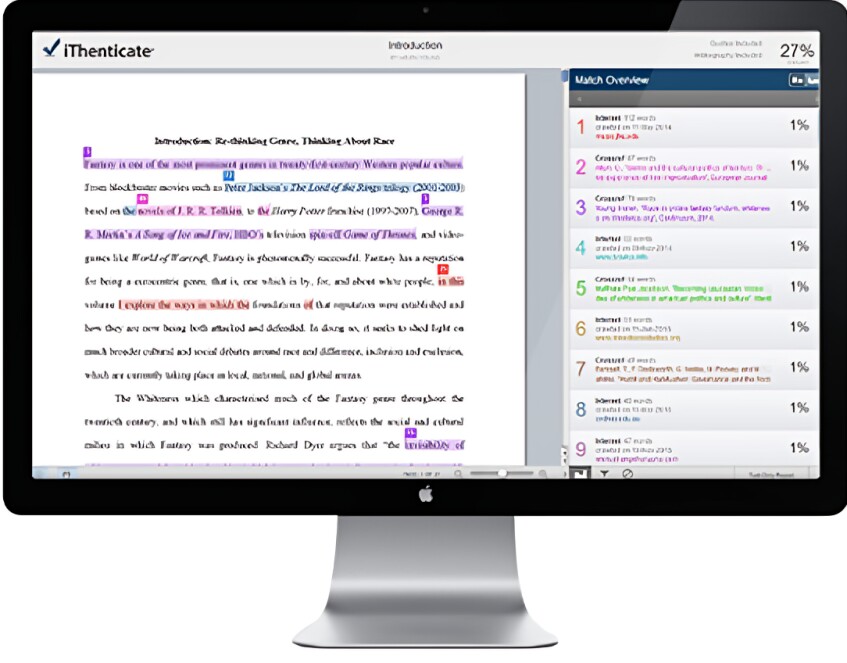
Paperpal is another tool for checking plagiarism. It is user-friendly and provides detailed reports that show any potential issues with originality. This is especially helpful for students and early-career researchers.
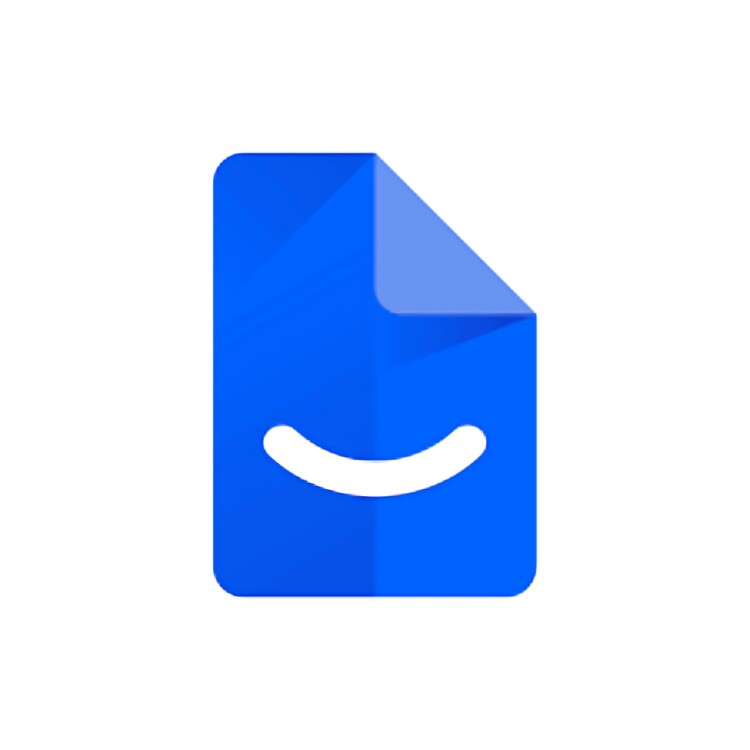
Slack is a messaging app designed for teams. It allows you to create channels for different topics, share files, and communicate in real time. This tool helps researchers stay connected, share ideas, and work together efficiently, especially on group projects.

By using these tools, researchers can improve their writing, stay organized, analyze data effectively, collaborate with others, and publish their findings successfully. These resources help make the research process smoother and more productive, enabling researchers to focus on what matters most: their work.
Looking for assistance with formatting your research paper? SITA is here to help. Our experienced team will ensure that your manuscript meets all journal guidelines, including citations and layout. With SITA, you can focus on your research while we take care of the formatting for you.
If you have any questions, inquiries, or would like to learn more about our services, please don't hesitate to reach out to us. Our dedicated team is ready to assist you.